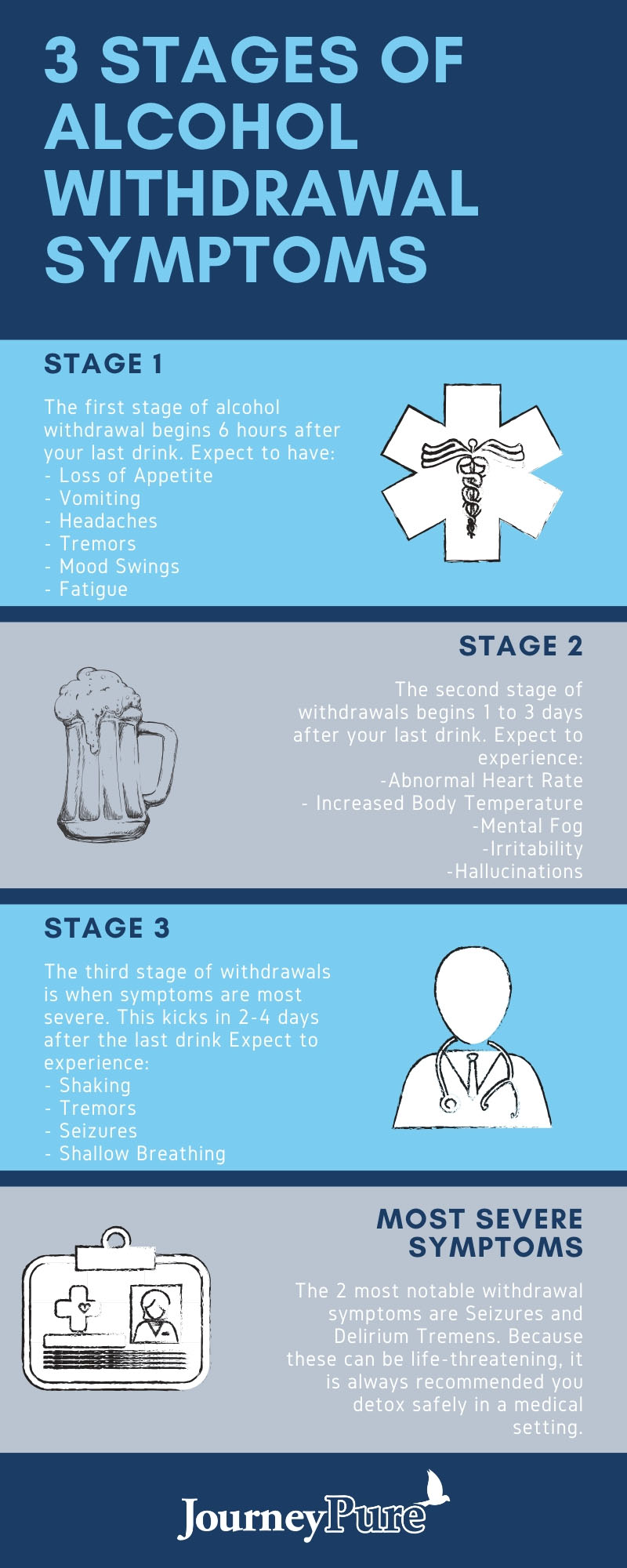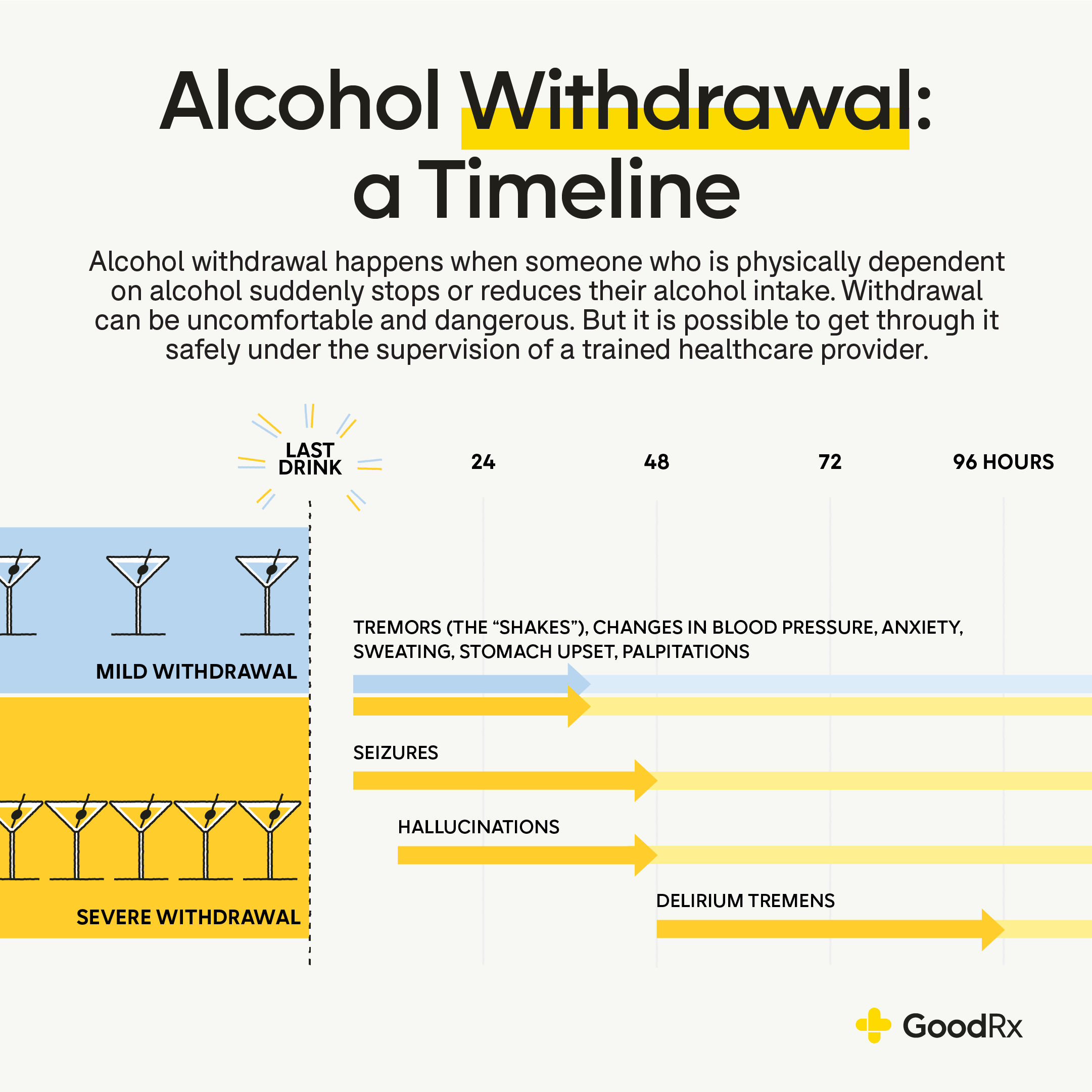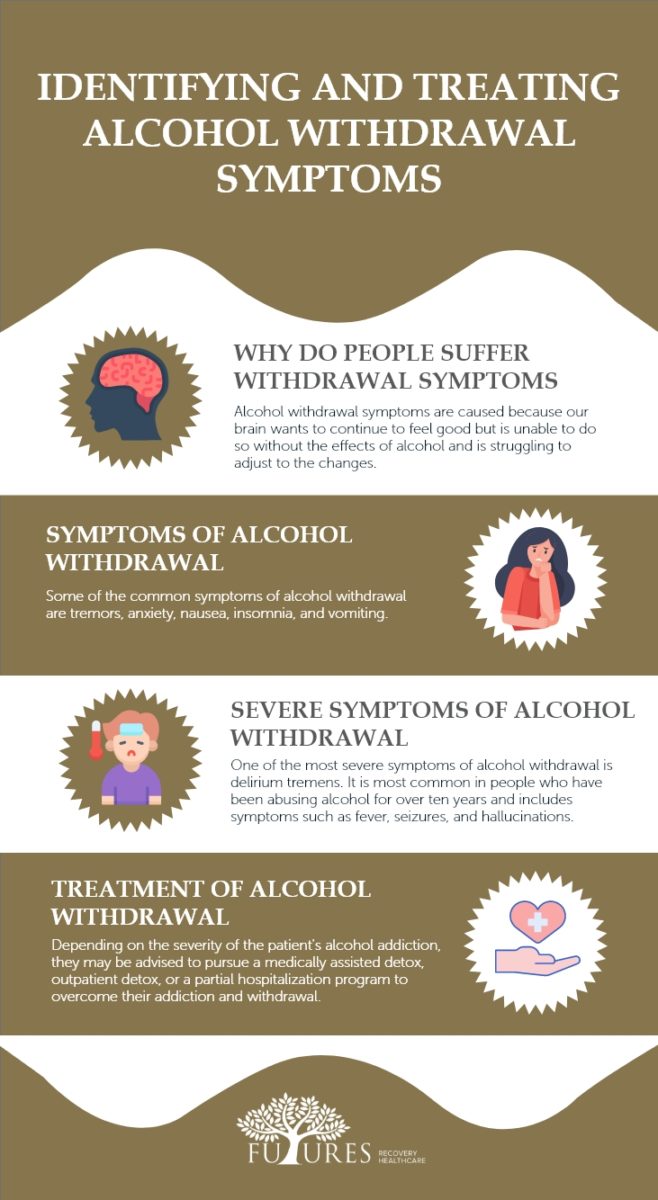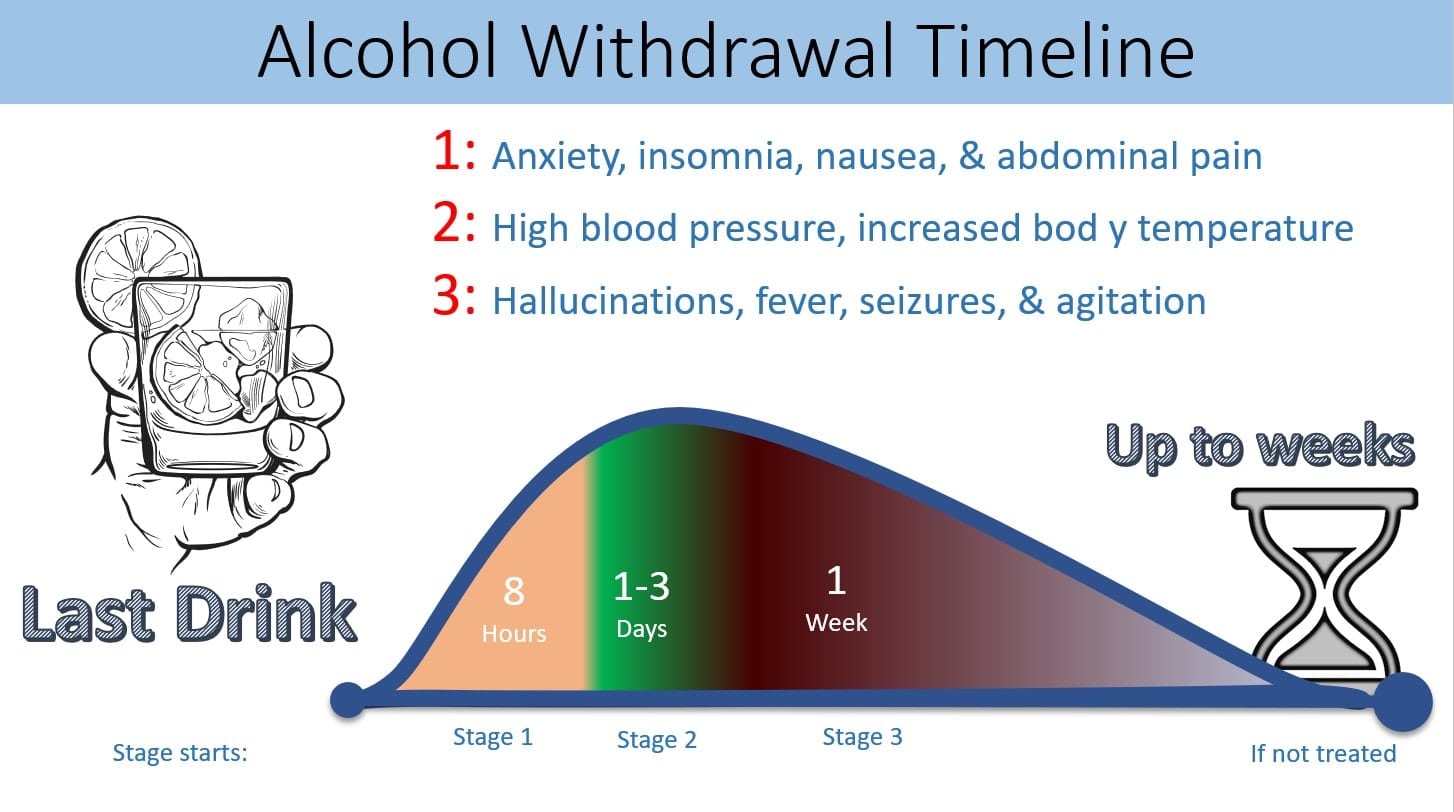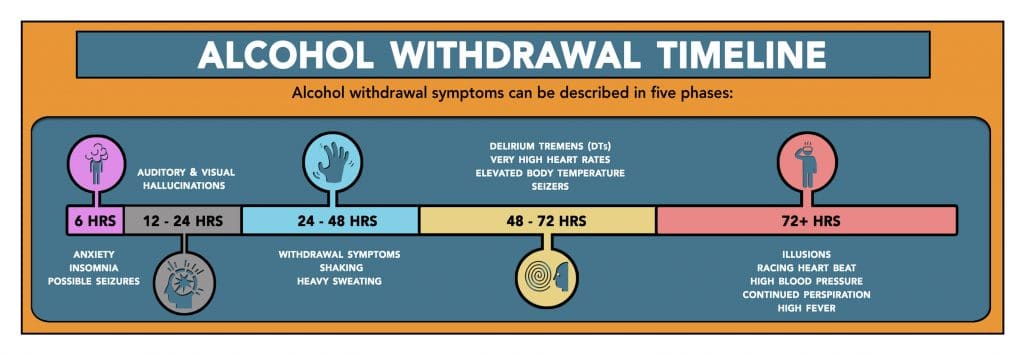Brilliant Strategies Of Info About How To Cope With Alcohol Withdrawal
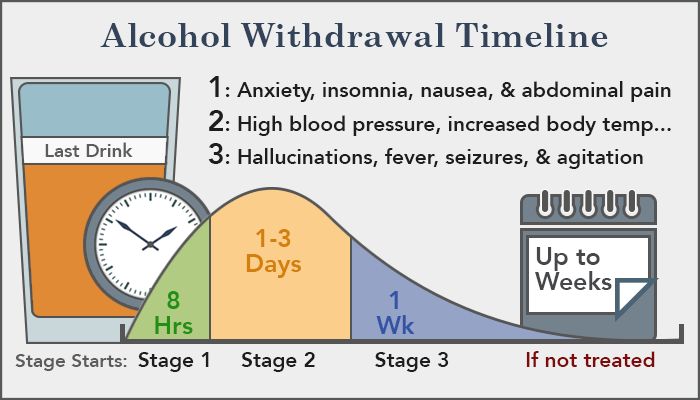
Instead, listen to your body.
How to cope with alcohol withdrawal. People suffering with alcohol use disorder experience dehydration and nausea during withdrawal. Staying hydrated should always be a top priority during alcohol withdrawal to reduce excessive nausea, regulate body temperature, and flush out toxins. Find a way that speaks to you and your needs that will help to calm your nerves and keep you focused on.
You should also get enough. However, for those with chronic anxiety or an. Withdrawal symptoms usually begin within 8 hours of abstaining from alcohol.
A good tip to try is distracting yourself from the symptoms. Ad watch personal stories about people who needed to change their relationship with alcohol. It can be painful watching a loved one undergo detox treatment.
If someone’s withdrawal is mild, they may be able to detox at home or in another comfortable environment. In a detox center, you may also be given. If don’t have much of an appetite, you may want to take a.
Engage in calming activities such as listening to music, going for a walk, or journaling. Drink water and replenish electrolytes to ward off feelings of dizziness, fatigue, and vomiting during withdrawal. This guide offers ideas to start the conversation
Eating nutritious food, exercising, and getting enough sleep can help reduce some withdrawal symptoms, such as mood swings. Discover a prescription treatment option for alcohol dependence Three of the most common medications for alcohol detox are acamprosate, disulfiram, and naltrexone.
/symptoms-of-alcohol-withdrawal-63791-01-940623f2bc8e4700819f21223648aaec.png)
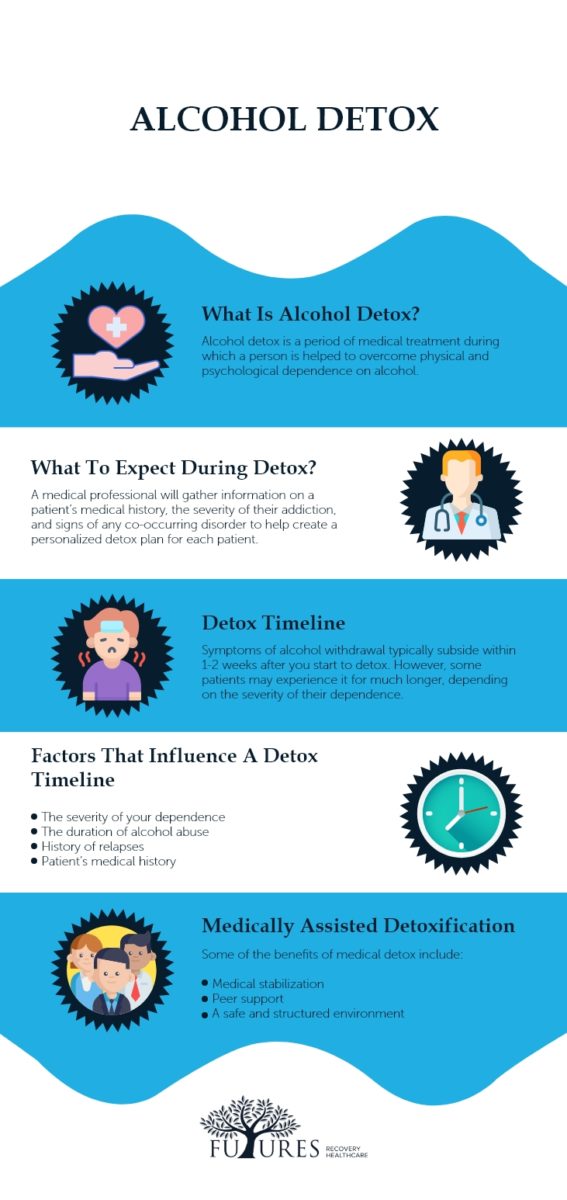
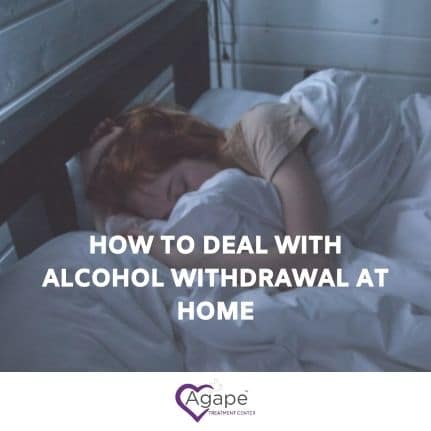

/is-this-normal-how-long-will-it-last-80197_final-01-61e907a86b19467487b731d369f8c978.png)


/is-this-normal-how-long-will-it-last-80197_final-01-61e907a86b19467487b731d369f8c978.png)
